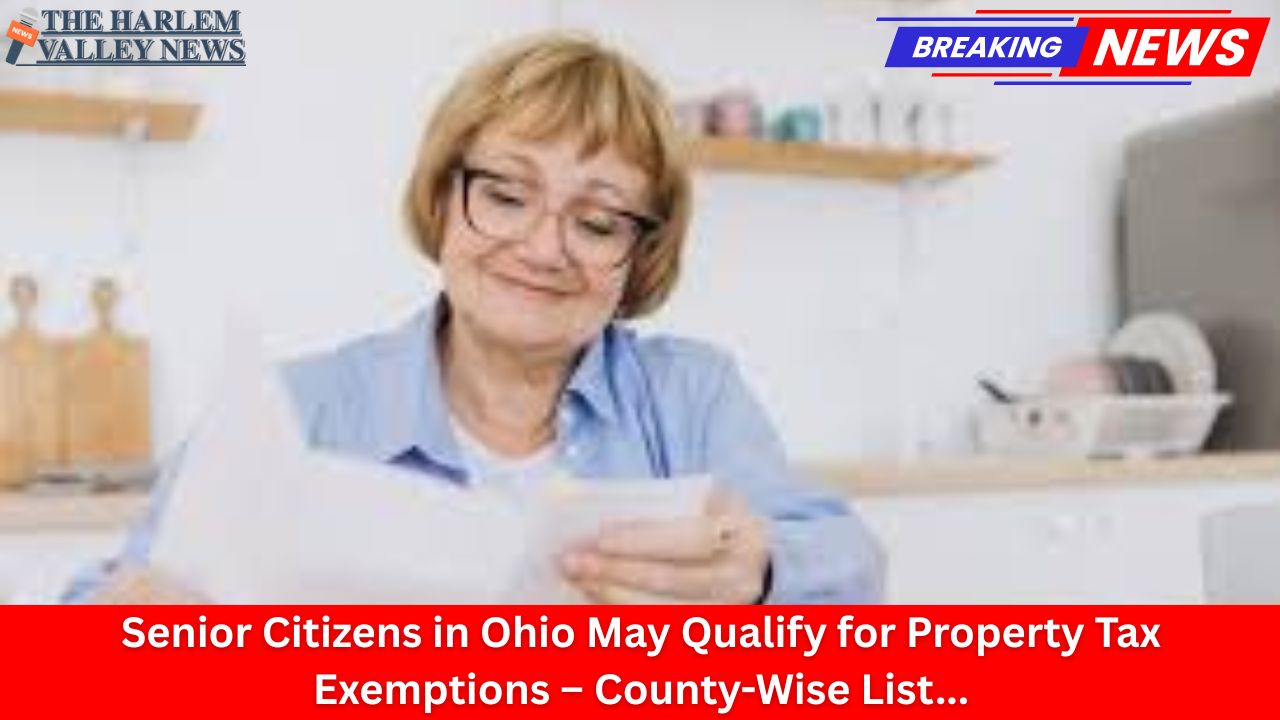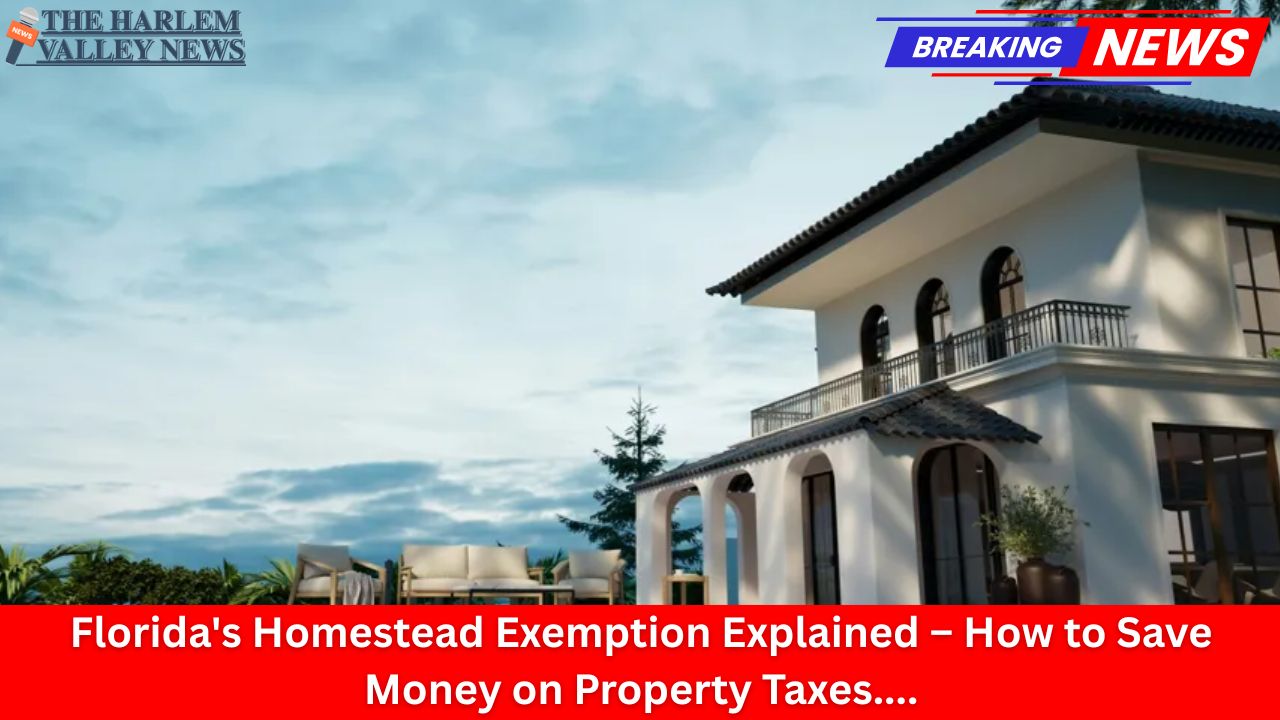Property taxes can heavily impact seniors living on a fixed income, but in Ohio, many older adults can benefit from significant property tax relief through the Homestead Exemption program. This program is designed to make homeownership more affordable for seniors and certain groups by reducing the taxable value of their primary residences. Understanding how it works and how qualifications apply across counties is essential for taking advantage of these savings.
How the Ohio Homestead Exemption Works
The Ohio Homestead Exemption is a statewide property tax relief program available to senior citizens, permanently and totally disabled individuals, and certain military veterans or their surviving spouses. The program exempts a portion of a qualifying homeowner’s property value from taxation, thus reducing the annual property tax bill.
Key Benefits and Qualifying Criteria (2024-2025):
-
Exemption Amount: For 2024, the homestead exemption shields up to $28,000 of a home’s appraised market value from local property taxes. For certain disabled veterans and the surviving spouses of first responders killed in the line of duty, the exemption applies to even more—typically up to $56,000.
-
Eligibility Age: The homeowner must be 65 years or older (or will turn 65 during the year for which applying), or be permanently and totally disabled as of January 1 of the applicable tax year.
-
Income Limits: The household’s total income (for both the applicant and their spouse) must not exceed $38,600 for applications in 2024, and $40,000 for those applying in 2025. This amount is adjusted annually for inflation.
-
Primary Residence: The applicant must own and occupy the home as their main residence as of January 1 of the application year.
-
Special Provisions: Disabled veterans with a 100% service-related disability rating and the surviving spouses of first responders are not subject to income limits and may qualify for the higher exemption.
The exact reduction in property tax varies by location, as property tax rates differ across counties and municipalities.
| County | Exemption Amount (2024) | Income Limit (2024) | Phone/Contact for Assistance |
|---|---|---|---|
| Franklin | $28,000 | $38,600 | (614) 525-3240 |
| Cuyahoga | $28,000 | $38,600 | (216) 443-7010 |
| Summit | $28,000 | $38,600 | (330) 643-2661 |
| Hamilton | $28,000 | $38,600 | (513) 946-4099 |
| Butler | $28,000 | $38,600 | (513) 887-3154 |
| Warren | $28,000 | $38,600 | (513) 695-1235 |
| Geauga | $28,000 | $38,600 | (440) 279-1617 |
| Ross | $28,000 | $38,600 | (740) 702-3080 |
| Union | $28,000 | $38,600 | (937) 645-3003 |
Contact your local county auditor for the latest updates, application details, and assistance with the process. The exemption amount and income threshold may vary slightly by year due to inflation adjustments, and some counties may have enhanced options for veterans or surviving spouses.
Who Can Apply and How
In Ohio, this relief is available statewide. The process and eligibility criteria are consistent, but every application is managed by each county’s auditor’s office, with the most up-to-date forms and personalized help available locally.
A homeowner or their spouse can apply if they:
-
Own and live in the home as their main residence.
-
Are at least 65, or will turn 65 in the application year, or are permanently and totally disabled.
-
Meet the income threshold based on Ohio’s modified adjusted gross income, which includes certain business income.
-
Are a surviving spouse of someone who was previously eligible and are 59 or older at the time of their spouse’s death.
For new applicants, proof of age and/or disability (such as a copy of an Ohio driver’s license or disability documentation) will be required. Disabled veteran applicants should provide documentation of service-related disability as stipulated in the program guidelines.
Impact and Local Variation
The average annual tax savings from the homestead exemption is several hundred dollars, though the actual benefit depends on your local tax rates and the value of your home. For example, in Geauga County the credit can result in approximately $440 in savings per year for an average homeowner.
While the exemption amounts and age thresholds are set statewide and inflating with the cost of living, always check with your county auditor for other available credits (such as owner-occupied credits or local rollbacks) you may qualify for alongside the homestead exemption.
Application Deadlines and Next Steps
Applications are typically due by December 31 of the year in which you wish to receive the exemption. If circumstances change—such as a move, change in residency, or status—the auditor’s office should be notified promptly. Once you receive the Homestead Exemption, you generally do not need to reapply each year unless your circumstances have changed.
Conclusion
Property taxes can pose an ongoing challenge to seniors and disabled homeowners in Ohio, but the Homestead Exemption program can provide meaningful relief. With consistent statewide eligibility, generous exemption amounts, and annual inflation adjustments, this program remains a vital resource for Ohioans seeking to maintain stability in their homes as they age.
For complete eligibility and instructions tailored to your area, contact your county auditor’s office. This proactive step could provide significant property tax savings and help ensure peace of mind in retirement.














Leave a Reply